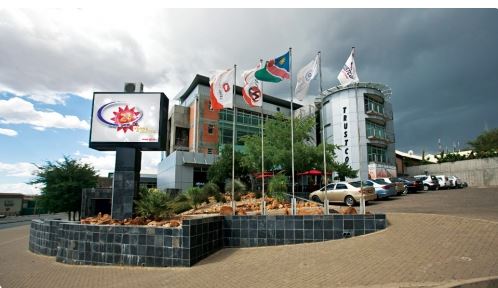MORE than half of all cultivated agricultural land in Africa could be unusable by 2050 if land degradation continues at the current pace and nothing is done to curb it, Environment and Tourism Minister Netumbo Nandi-Ndaitwah said yesterday.
‘This will have grave and negative impacts on food production and food security,’ she added. The Minister opened a four-day regional conference on sustainable land use management, which ends on Thursday.’As a result of degradation, agricultural yields have declined across southern Africa, which further threatens the productivity of dry land areas,’ she emphasised. ‘This situation also has a psychological effect on rural women and girls as they usually prepare food for the family and often have to worry how to feed all the people sitting around the evening fire when there is little grain in the storage basket from dwindling harvests.’According to Nandi-Ndaitwah, all the cash in the world would not be able to buy food if no food was produced.’It is good to have cash, but you cannot buy rice of grains from a bank and if less and less food is produced, this will have serious consequences.’She also pointed out that in some areas of Namibia communities are fighting over grazing and this could be already a result of climate change, which is affecting the whole world. Sustainable land use management, or the lack of it, also has an impact on the peace and stability of countries, the Minister said.The approximately 300 delegates will discuss sound land management, good examples of successful management projects in other African countries and how to improve the lives of subsistence farmers.
Stay informed with The Namibian – your source for credible journalism. Get in-depth reporting and opinions for
only N$85 a month. Invest in journalism, invest in democracy –
Subscribe Now!










